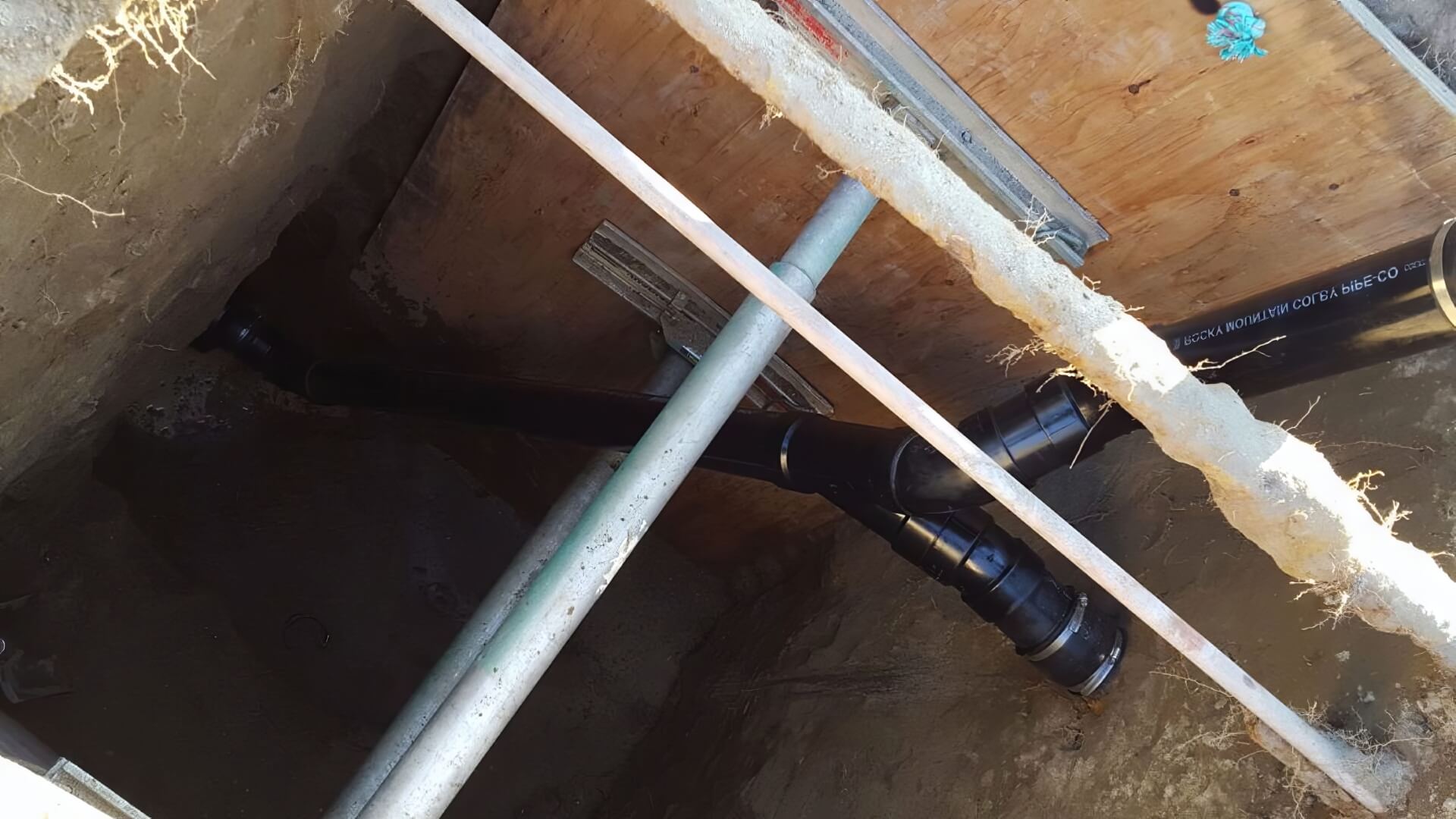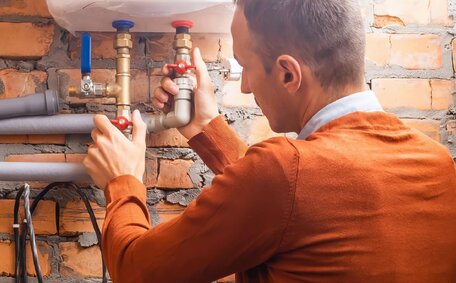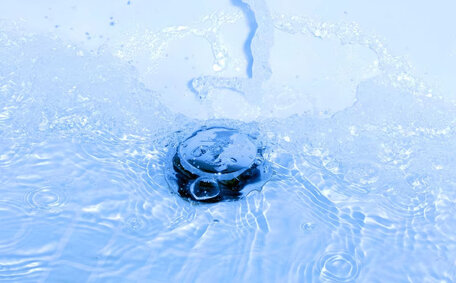Introduction to Gas Line Inspections
Regular gas inspections and maintenance are essential for ensuring the safety of Ryde homes and businesses and preventing dangerous leaks or accidents. Ryde Plumbing, as licensed gas experts, advises an annual comprehensive evaluation of all gas lines and appliances.
Qualified technicians can identify corrosion, loose fittings, leaks, or other issues with your gas system during annual inspections. Our comprehensive plumbing services include inspecting critical components such as pipes, valves, connectors, meters, and appliances to confirm proper function. Preventative maintenance mitigates wear and tear that can cause catastrophic failures.
We meticulously examine your gas connections and high-pressure components for leaks using advanced detection methods during scheduled safety checks. We also verify that your house has adequate heating, air conditioning, and ventilation to prevent carbon monoxide build-up and address potential gas line repairs. Our team can assess gas lines to determine if any sections require repair or replacement.
Protect your family and your home or business by understanding how often you should schedule your annual gas inspection. Having your natural gas line inspection done provides peace of mind that your gas system is functioning properly with no leakage or other hazards present. Discover how to use gas safely with this essential yearly service and arrange your inspection with Ryde Plumbing today.
Frequency and Legal Requirements of Gas Line Inspections
Both domestic and commercial gas installations in New South Wales must undergo a professional gas line inspection known as an Atmospheric Corrosion Inspection (ACI) triennially. This periodic safety check examines areas vulnerable to internal and external corrosion. Licenced professionals use leak detection methods to analyse system integrity.
During gas safety inspections, a certified gas inspector will thoroughly assess what enhancements you do need for gas line and all pressurised components that could be impacted by atmospheric corrosion. This includes external corrosion from soil and internal corrosion from gas byproducts like carbon dioxide or sulphur.
Visual inspection processes locate damaged sections of your gas installation that require repair or replacement to avoid hazardous leaks, particularly in any gas appliance and infrastructure. Every three years, each gas appliance line, including valves, connectors, pipes, and ventilation, undergoes detailed examination during this comprehensive safety inspection.
ACI reports certify compliance with rigorous safety standards in your gas system. Home and business owners are responsible for arranging this legally required gas line check that must completed once every 36 months. Schedule your next inspection by contacting qualified gas plumbers, such as Ryde Plumbing.
Warning Signs that Your Gas Lines Need Inspection
Several clear signals may indicate your gas lines require a professional inspection:
- A strong rotten egg smell, which can signify you smell gas leaking from the system
- Dirt or debris around gas appliances and vents
- Flames that burn yellow or orange instead of blue
- Pilot lights that frequently blow out
- Faded or peeling connector pipes
- An increase in your gas bills without a change in usage
- Hissing noises near gas connections or appliances
If any of these warning signs are present, you should contact a licenced plumber gas specialist like Ryde Plumbing immediately to diagnose potential hazards or servicing needs for your gas system.
Never attempt DIY repairs on pressurised gas lines due to significant risks; always call a qualified, licensed gas fitter. Our skilled gas fitters conduct thorough inspections of fittings and review gas piping, appliances, and ventilation during a detailed ACI or general gas line examination. We detect leaks, assess corrosion, replace damaged sections, and ensure the safety of your home or business gas supply with scheduled maintenance checks.
Consequences of Failing to Properly Inspect
Ignoring regular gas line inspections can endanger the safety and integrity of your property through undetected leaks. However, gas hazards may elude detection without a professional’s keen examination, leading to potential leaks, explosions, poisoning, or fires.
Key dangers of neglecting to service your gas equipment include:
- Toxic carbon monoxide accumulation from improper ventilation or appliance exhaust
- Undetected leaks can lead to asphyxiation or deadly explosions
- Corrosion damage that slowly degrades pipes and components
- Improperly installed or faulty appliances, putting occupants at risk
Failing to adhere to the mandated triennial certificate inspection, which includes assessing atmospheric corrosion in your hot water system, compromises compliance. Without current inspection certificates, insurance claims could even be denied in the event of an incident.
Don’t put yourself or your family at risk - Trust the work carried by our licenced technicians at Ryde Plumbing to thoroughly inspect your gas system. We examine all crucial connection points, guarantee adequate ventilation, and search for signs of damage or wear on the gas hot water system. Book gas safety inspection today for peace of mind.
Hiring Qualified Professionals for Inspections
When it comes to gas line inspections, it is crucial to hire qualified professionals who are licenced and experienced. At Ryde Plumbing, our technicians complete extensive training and hold all necessary certifications for working with gas systems.
We urge those requiring gas services to be vigilant of unqualified inspectors and to seek services from licensed professionals. Always verify licences, check references and qualifications, and ensure technicians carry full insurance coverage. The risks of improper gas work include leaks, fires, explosions, and carbon monoxide poisoning.
During inspections, Ryde Plumbing pros thoroughly examine gas pipes and system components with advanced leak detection technology. We inspect pipes, connectors, appliances, vents, valves, and safety controls. We also provide a full written report detailing any issues found that require more than straightforward fixes with your new gas installations and recommended repairs.
As your trusted local experts in your plumbing and gas fitting needs, we adhere to all legal compliance standards. We safeguard your home’s gas system through scheduled maintenance and deliver dependable, expert workmanship. Contact our team today to book your next inspection or to address any concerns about your existing gas lines.
Regular Maintenance for Gas Line Safety
Users of natural gas should take proactive steps to maintain gas line safety between professional inspections:
- Inspect visible gas lines and appliances monthly for potential leaks
- Clean debris and vegetation away from your gas meter and external lines
- Ensure gas heaters and all gas appliances are kept clean by wiping dust and dirt buildup
- Check appliance exhaust vents for blockages Clear items away from stove tops, ovens, and heaters
- Test gas detectors and carbon monoxide alarms monthly
- Monitor gas usage on bills for irregular spikes in consumption
- Listen and smell for signs of hissing or rotten egg odours
- Store lighters and other ignition sources away from gas appliances
- Learn where shutoff valves are located for appliances your property relies on
- Replace old or damaged appliance connectors and flexible hoses
Although only certified professionals can officially certify gas line integrity, proactive maintenance prevents deterioration between inspections. It also familiarises homeowners with common warning signs like odours, debris, or pilot light issues. Contact Ryde Plumbing to book annual safety certification.
What to Do in Case of a Suspected Gas Leak
If you suspect any line problems or a gas leak in your Ryde home or business, follow these critical steps immediately:
- Evacuate everyone from the area and move a safe distance away from the building
- Avoid using any electronics or devices that could produce sparks, including mobile phones, light switches, garage doors, vehicles, etc.
- Call 000 to alert emergency services if the gas leak poses an immediate threat
- Contact your gas utility provider to turn off your gas supply lines
- Do not re-enter the building or area until emergency crews or your gas company confirms it is safe
Attempting to address gas leaks on your own is extremely risky, due to the potential for explosion, fire, or exposure to toxic fumes. We use advanced detection equipment to pinpoint the exact source of the leak and can safely identify when to call gas professionals to shut off your gas lines.
The well-trained Ryde Plumbing team is equipped to repair both apparent and hidden gas leaks.
Do not disregard the scent of rotten eggs, which often signals gas escaping from pipe fittings or appliances. Acting quickly to evacuate and call for professional assistance can prevent catastrophic damage to property, injury, or loss of life. Trust the gas leak experts at Ryde Plumbing in emergency situations where gas safety is compromised.
Conclusion: Don’t Overlook Gas Line Safety
Reliable gas line operation is vital for the safety of Ryde’s homes and businesses. Neglecting regular gas system inspections and maintenance can result in dangerous leaks causing explosions, fires, or carbon monoxide poisoning.
Homeowners must remember to book an Atmospheric Corrosion Inspection every three years to comply with legal requirements. Our licensed technicians utilise advanced detection technology for an exhaustive examination of your entire gas system to uphold its integrity.
Schedule annual line maintenance and safety inspections with Ryde Plumbing as well to ensure optimal performance and safety between inspections. Taking proactive steps minimises risks and averts potential disasters or accidents.
Trust our qualified team for all your gas line maintenance and inspection needs. We keep homeowners and businesses safe and leak-free through detailed safety assessments and accredited repairs. Don’t overlook gas line safety - contact us today to book your next essential inspection.






